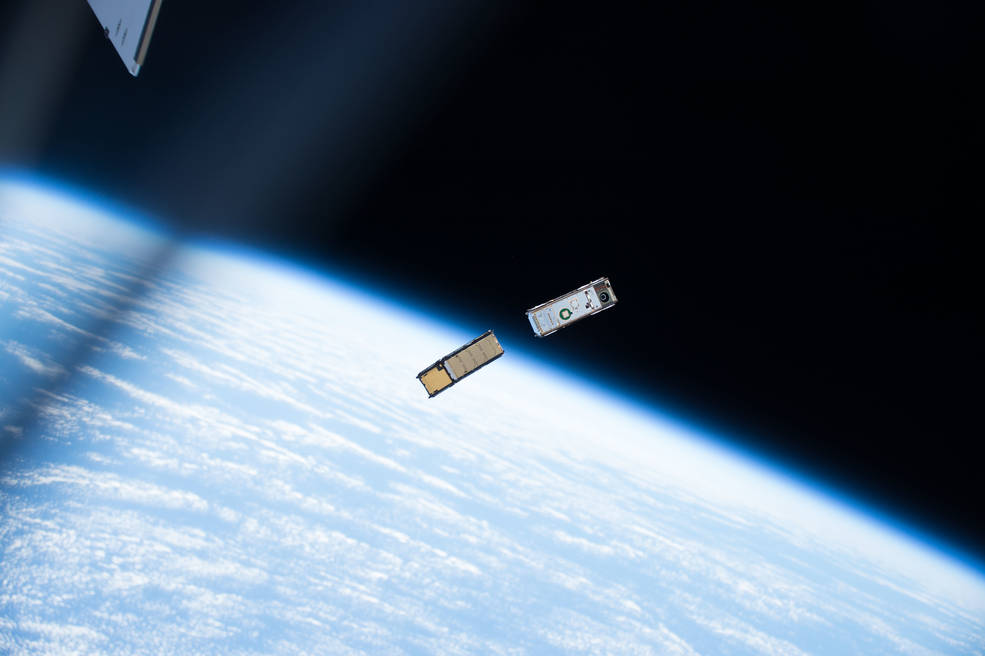The Differences Between Diesel and Gas Engines

If you’re trying to choose between a vehicle with a gas or diesel engine, you’ll likely want to know which one is better for your needs. This is why it’s helpful to understand the differences between the two engines. Many of these differences are likely to have an impact on determining which option is better for you. Learn about the differences between diesel and gas engines by reading below.
Invention of Gas and Diesel Engines
The first gasoline engine was designed in 1876. It was a four-stroke combustion engine that would serve as the blueprint for all modern gasoline-powered car engines. The engine’s efficiency was always in question because only 10 percent of the fuel was being used to give the vehicle its power. The other 90 percent of the fuel went to creating heat. Rudolf Diesel learned of this low-efficiency issue and by 1892, created a new design called a power engine, which would become the diesel engine we know today.
The Internal Combustion
Gas and diesel engines actually operate in a very similar manner. They both operate from internal combustion along with several rapid explosions within the engine. This turns the fuel inside into mechanical energy that propels the vehicle. Gasoline engines have pistons that compress air to mix with the fuel. The mixture is ignited by the spark plugs, which gets it to move. Diesel engines operate by compressing the air first, heating the air and igniting the fuel when it hits it.
Process of Fuel Injection
In a gas engine, fuel is injected through the port injection system, which injects air into the fuel just before the intake stroke. With a carburetor, the air and fuel mix together before it’s sent into the cylinder that compresses it. The diesel engine uses a direct injection process. Their injectors are designed to withstand high temperatures and pressure to deliver the fuel directly into the cylinder.
Amount of Horsepower
The amount of horsepower and torque is also important to explain the differences between diesel and gas engines. Diesel engines will have much higher torque but less horsepower, allowing for higher propulsion. The torque is the measurement of the force on the driveline in the engine, which means having little torque won’t allow a vehicle to move very fast. Small vehicles such as sportscars need more horsepower to move, which a gasoline engine can supply.
Difference of Efficiency
Gasoline engines can never reach the self-ignition temperature during the compression stroke. If this were to happen, the engine would be ruined. For this reason, a low compression ratio must remain for a gas engine. Since the fuel isn’t in the mixture until after the intake stroker in a diesel engine, the air can be compressed more, making the compression ratio higher. This is important because the fuel system is one of the main parts of a diesel engine. This ultimately makes for better fuel efficiency.





